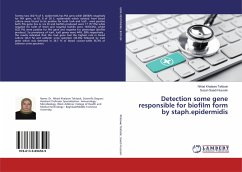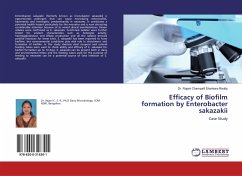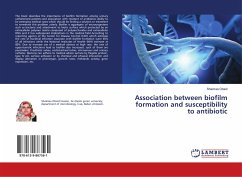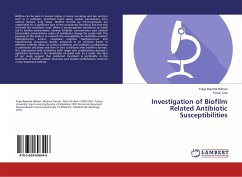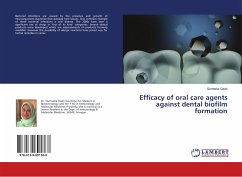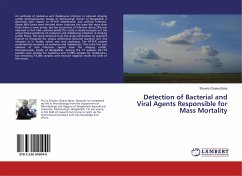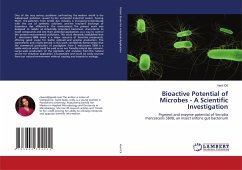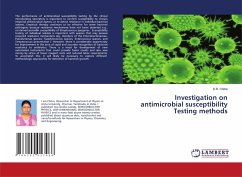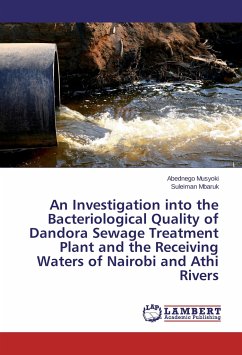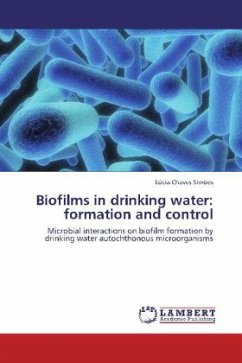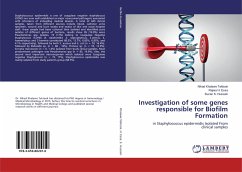
Investigation of some genes responsible for Biofilm Formation
in Staphylococcus epidermidis Isolated From clinical samples
Versandkostenfrei!
Versandfertig in 6-10 Tagen
47,99 €
inkl. MwSt.

PAYBACK Punkte
24 °P sammeln!
Staphylococcus epidermidis is one of coagulase negative staphylococci (CONS) are now well established as major nosocomial pathogens associated with infections of indwelling medical devices. A total of 645 clinical samples, taken from different sources include blood, catheter urine specimen, wound and burn swabs and swabs of skin and nasal hospital staff, these sample had been cultured then isolated and identified pure isolates of different genus of bacteria, results show 85 (19.9%) were Pseudomonas spp isolates, 73 (17%) belong to Coagulase Negative Staphylococci (CONS) (S. epidermidis ,S. sap...
Staphylococcus epidermidis is one of coagulase negative staphylococci (CONS) are now well established as major nosocomial pathogens associated with infections of indwelling medical devices. A total of 645 clinical samples, taken from different sources include blood, catheter urine specimen, wound and burn swabs and swabs of skin and nasal hospital staff, these sample had been cultured then isolated and identified pure isolates of different genus of bacteria, results show 85 (19.9%) were Pseudomonas spp isolates, 73 (17%) belong to Coagulase Negative Staphylococci (CONS) (S. epidermidis ,S. saprophyticus, S.Lentus, S. haemolyticus and S.hominis constituted 68.5%, 13.7%, 6.85%, 6.85%, and 4.1% respectively), followed by both S. aureus and E. coli (n = 70, 16.4%), followed by Klebsiella sp. (n = 68 , 16%), Proteus sp. (n = 55, 12.9%), Serratia marcescens (n = 6, 1.4%) isolated from study clinical samples. Most predominant pathogen was Pseudomonas spp (n = 85, 19.9%), Also, the second most important microorganism which isolated were Coagulase negative Staphylococci (n = 73, 17%), Staphylococcus epidermidis was mainly isolated from study patients group (68.5%).



